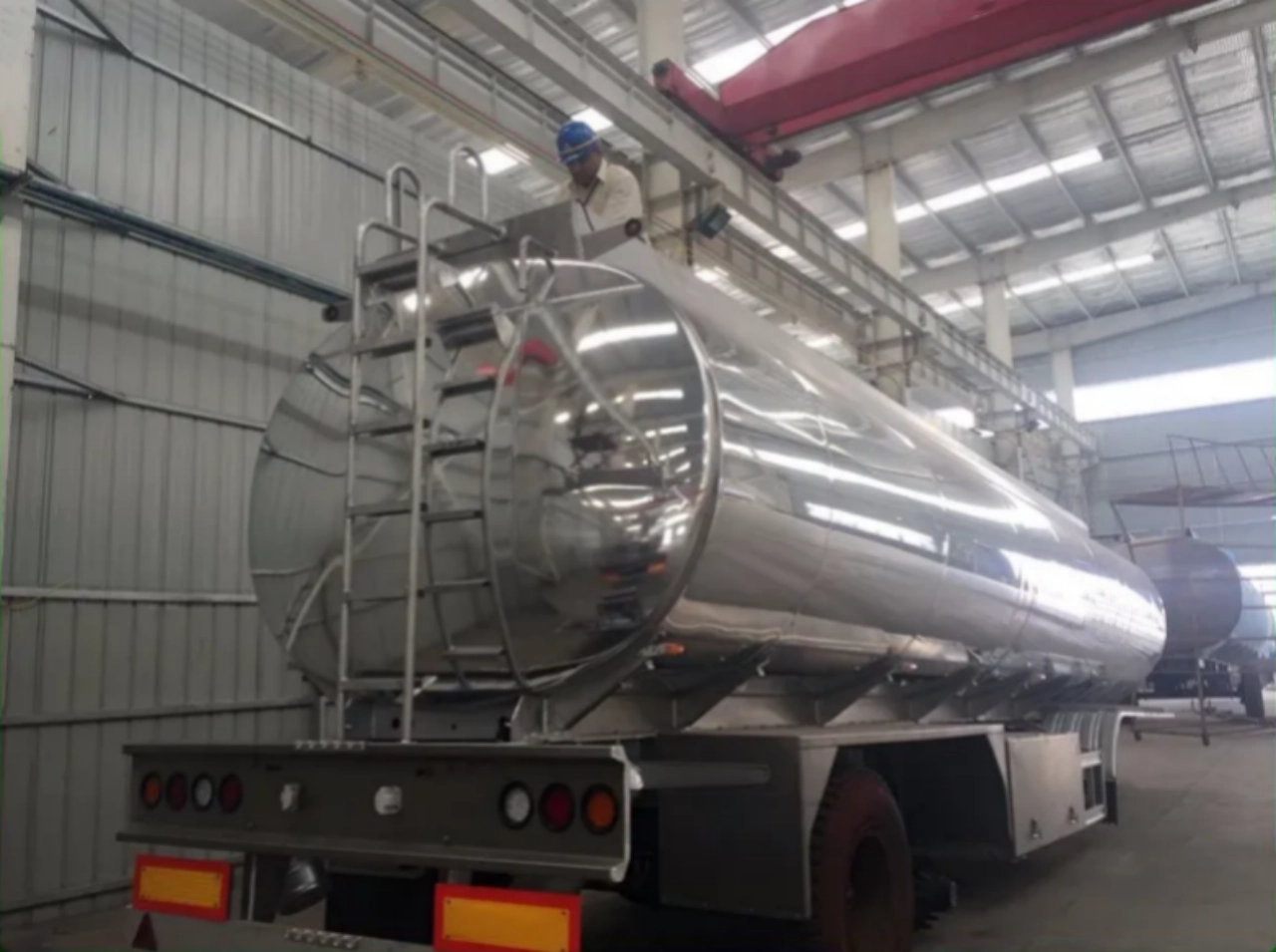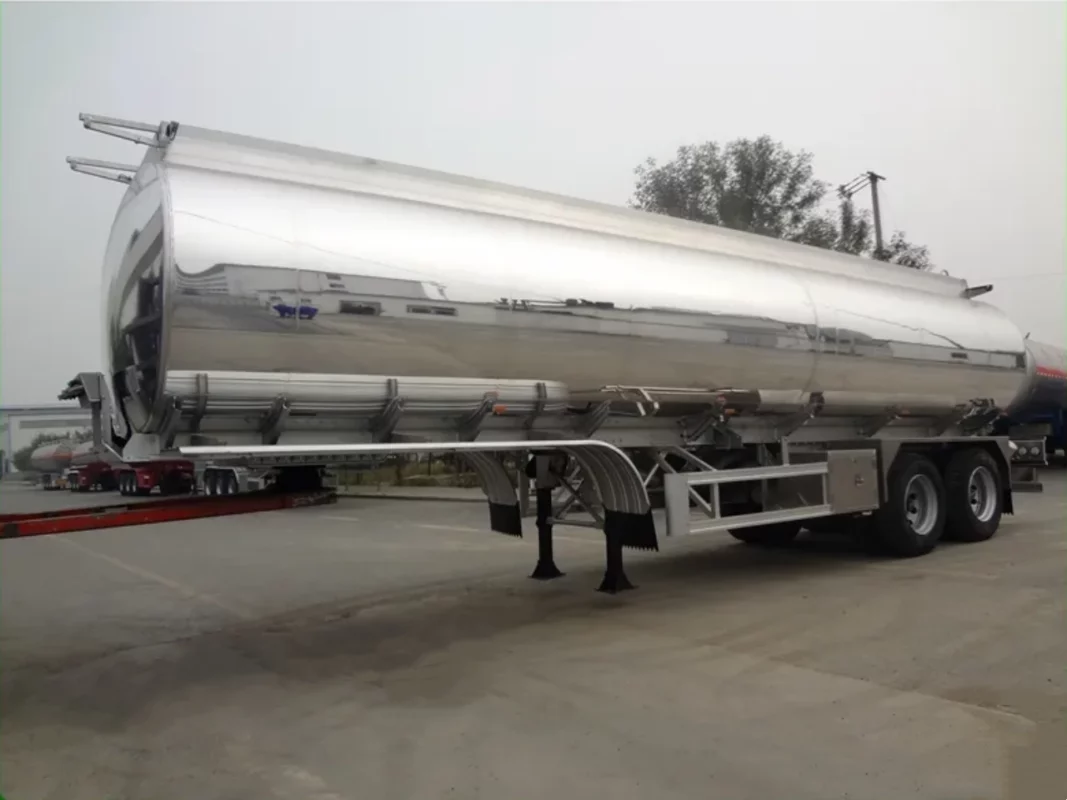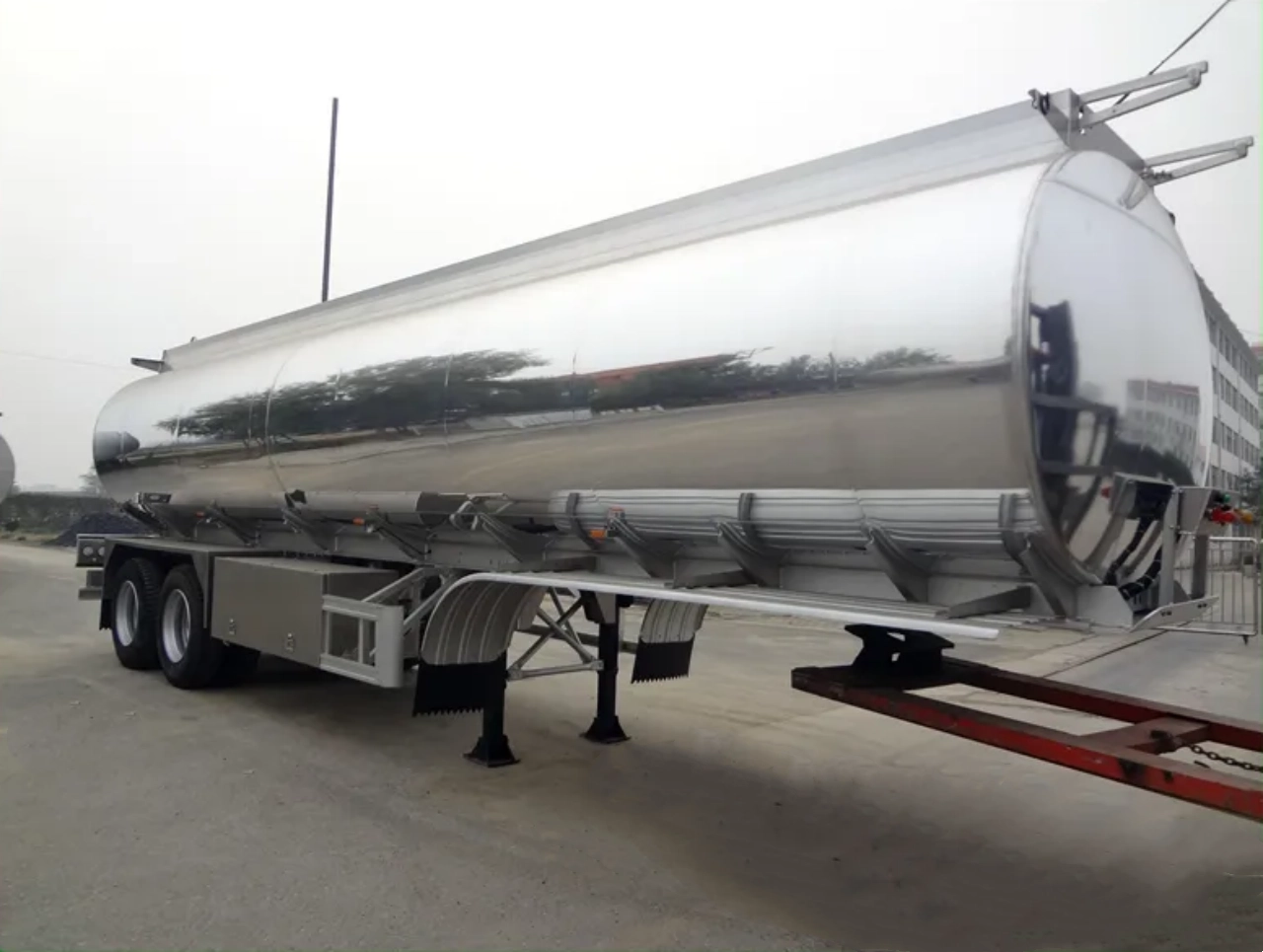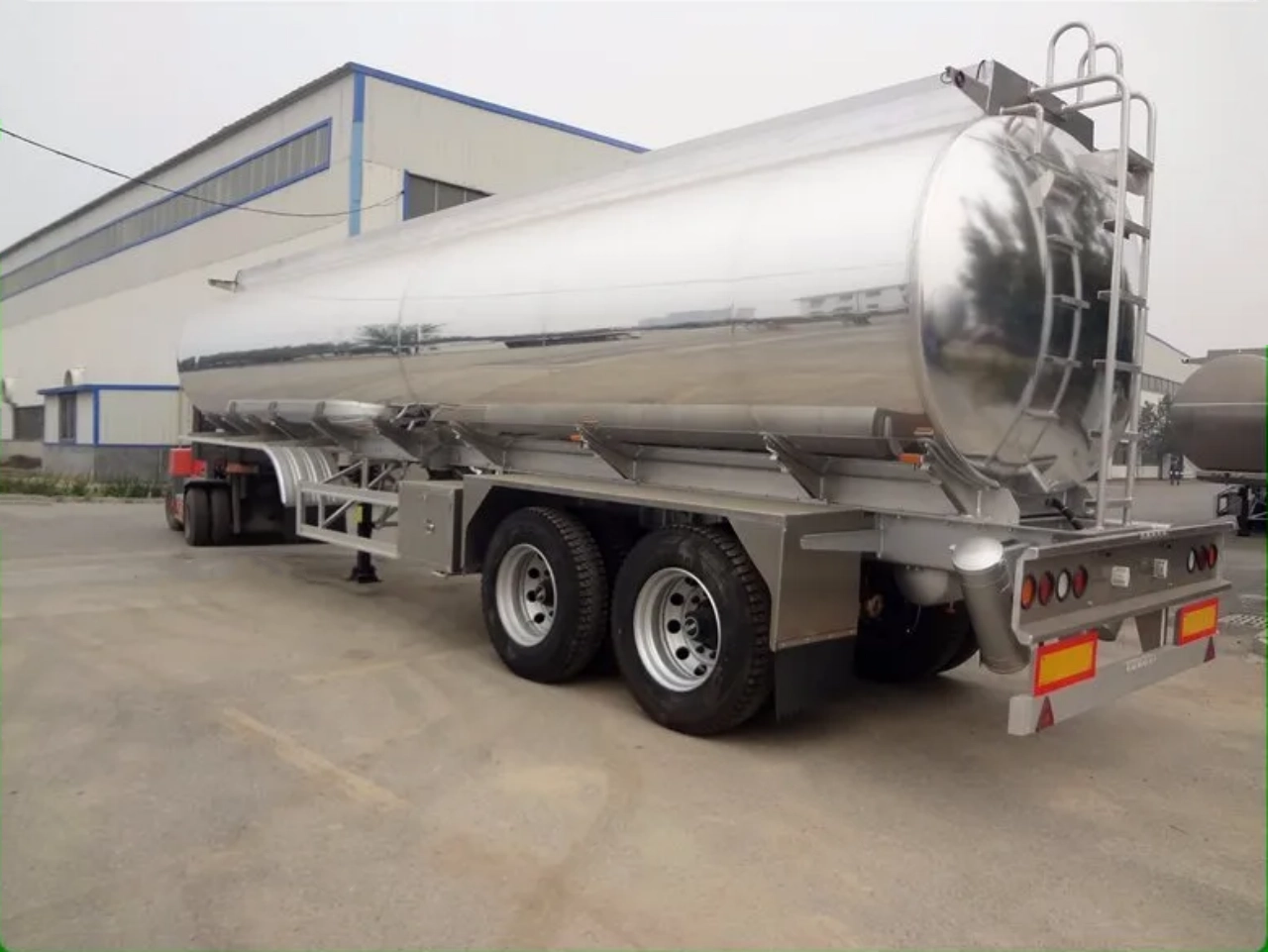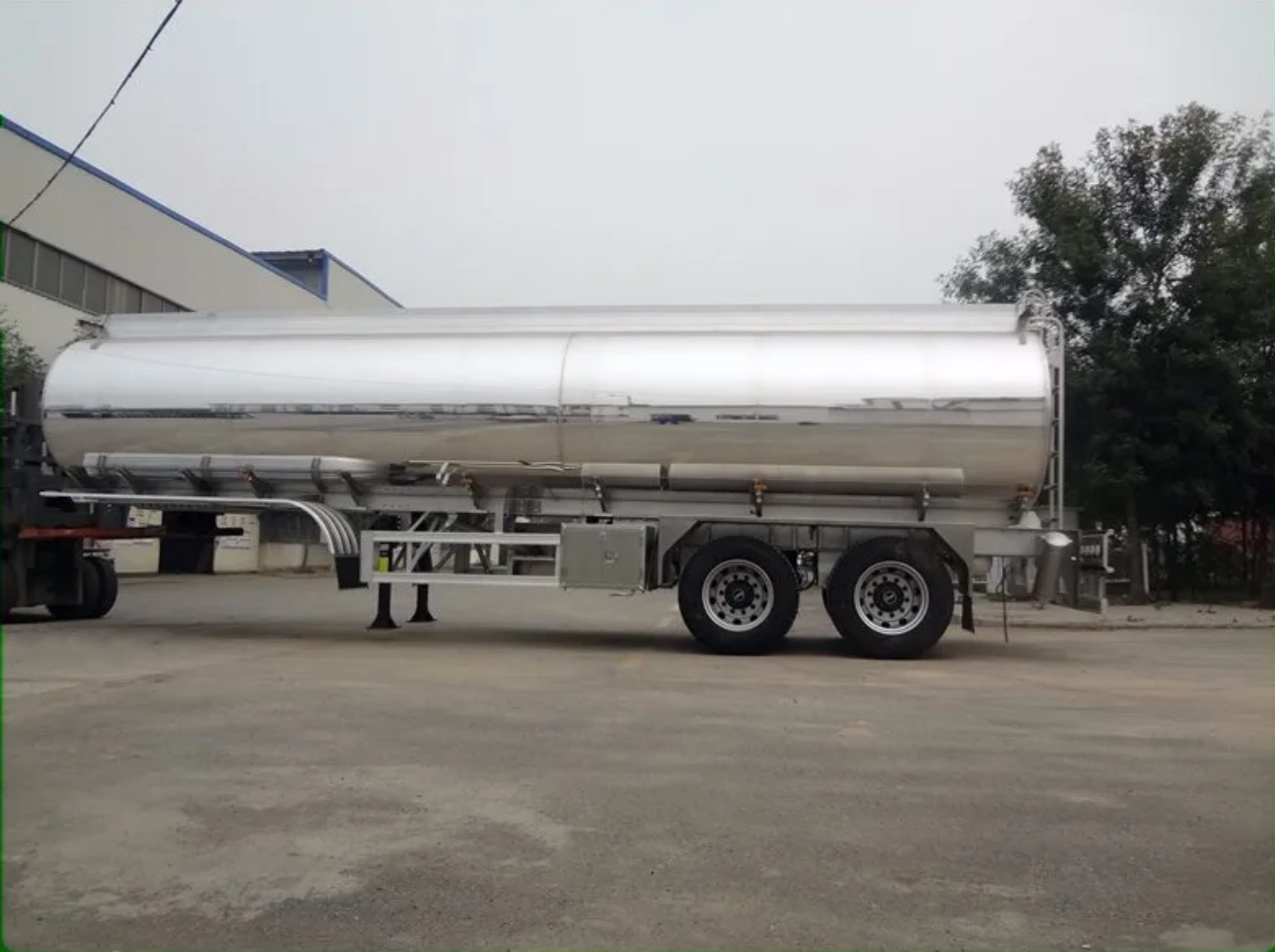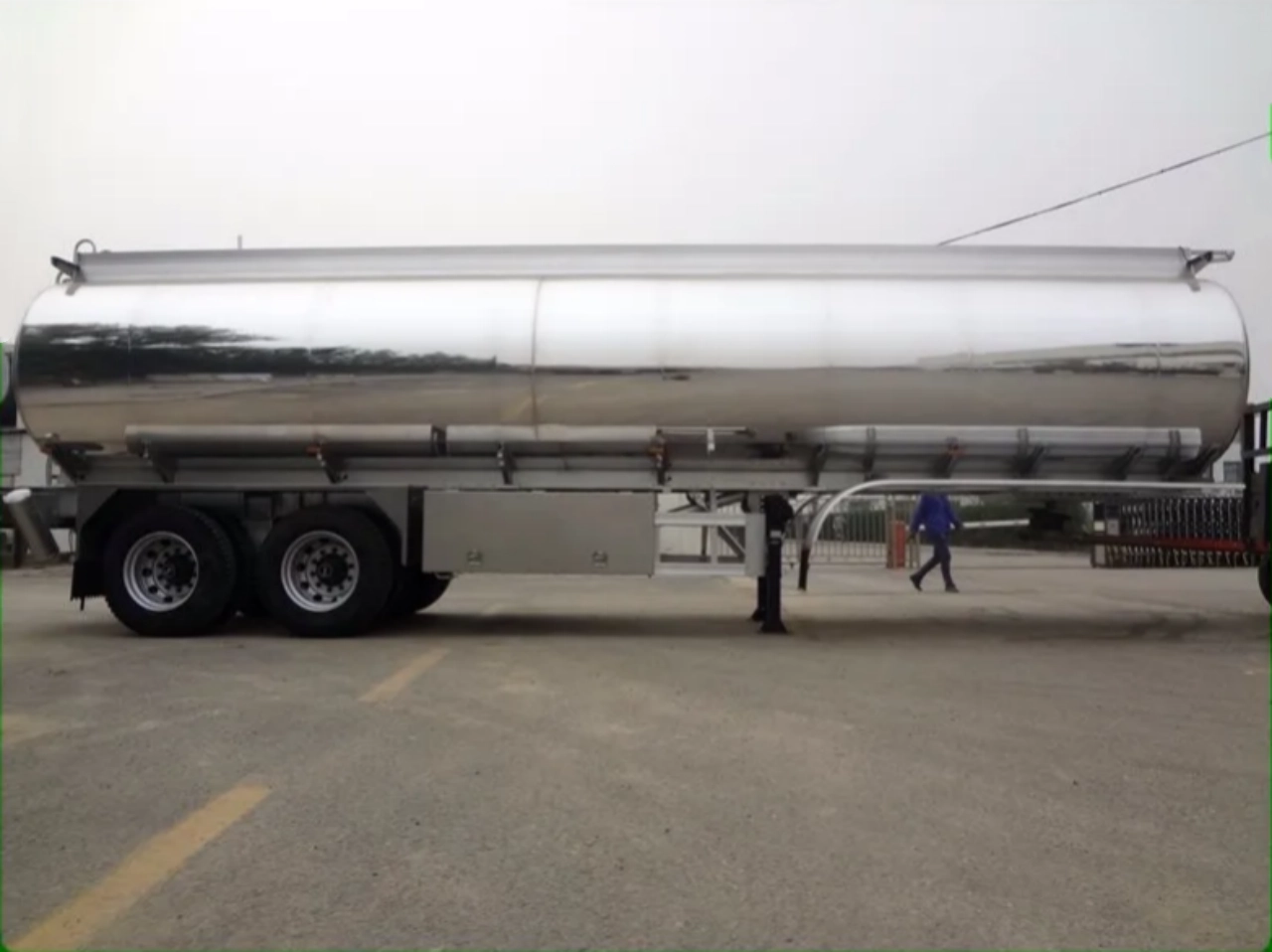Water trailers are indispensable pieces of equipment used across a variety of industries, from agriculture and construction to firefighting and landscaping. They provide a mobile solution for transporting water to remote or off-grid locations. Whether used for dust suppression, irrigation, livestock watering, or emergency water delivery, understanding the weight of a water trailer is critical. The weight affects everything from towing requirements and fuel consumption to operational safety and regulatory compliance. So, how much does a water trailer weigh? The answer depends on several factors.
Understanding Water Trailer Components
Before diving into specific weight ranges, it’s essential to understand what a water trailer consists of:
- Tank – Usually made of polyethylene, steel, or fiberglass, with capacities ranging from 200 to 10,000 gallons.
- Trailer Frame – Made of steel or aluminum, often with tandem axles for better load distribution.
- Pump System – Includes pumps (gas-powered or PTO-driven), valves, and hoses for water dispensing.
- Additional Equipment – This may include brakes, lights, toolboxes, spray bars, and more.
All these components contribute to the dry weight (or curb weight) of the trailer. When water is added, you get the gross weight or loaded weight.
Dry Weight vs. Loaded Weight
When evaluating a water trailer, you’ll often hear 2 key weight metrics:
- Dry Weight – The weight of the trailer when empty (no water inside).
- Loaded Weight – The weight of the trailer when filled with water.
Water weighs approximately 8.34 pounds per gallon. This means that a 1,000-gallon tank filled with water will add about 8,340 pounds to the trailer’s total weight.
Common Water Trailer Sizes and Weights
Below are common sizes of water trailers and their typical dry and loaded weights:
| Tank Capacity | Dry Weight (lbs) | Water Weight (lbs) | Loaded Weight (lbs) |
|---|---|---|---|
| 200 gallons | ~1,000 | ~1,668 | ~2,668 |
| 500 gallons | ~1,400 | ~4,170 | ~5,570 |
| 1,000 gallons | ~2,200 | ~8,340 | ~10,540 |
| 2,000 gallons | ~3,500 | ~16,680 | ~20,180 |
| 4,000 gallons | ~6,000 | ~33,360 | ~39,360 |
These values can vary slightly depending on the materials used and any additional equipment installed.
Factors Influencing Water Trailer Weight
1. Tank Material
- Polyethylene (plastic): Lightweight and corrosion-resistant, commonly used for small to medium-sized tanks.
- Steel: Heavier but extremely durable; ideal for rugged applications.
- Fiberglass: Balanced weight and corrosion resistance, often seen in mid-sized trailers.
2. Trailer Configuration
- Single-Axle Trailers: Common for tanks up to 1,000 gallons. Lighter but offer less load support.
- Tandem-Axle or Triple-Axle Trailers: Designed for heavier loads, they provide better weight distribution and stability.
3. Pump and Plumbing System
Heavy-duty pumps and spray systems can add 100–300 lbs or more to the dry weight.
4. Accessories
Toolboxes, spray bars, ladders, lighting systems, and brake systems also add weight.
Towing Considerations
Knowing the weight of your water trailer is vital for selecting a tow vehicle with the proper Gross Vehicle Weight Rating (GVWR) and towing capacity. Here are key considerations:
- Hitch Type: Smaller trailers may use a standard ball hitch, while larger trailers might require a pintle hitch or fifth wheel.
- Brake Requirements: Trailers over 3,000 lbs loaded weight often require electric or surge brakes by law.
- Driver’s License Class: In some jurisdictions, towing trailers over a certain weight may require a commercial driver’s license (CDL).
DOT Regulations
In the U.S., the Department of Transportation (DOT) regulates trailer weights. If your water trailer exceeds 10,000 lbs gross vehicle weight, it may be subject to federal and state DOT regulations, including:
- Vehicle registration as a commercial trailer
- Safety inspections
- Brake system requirements
- CDL endorsement for drivers
Understanding these rules ensures that you operate legally and safely.
Practical Examples
Example 1: Small Farm Trailer
- Capacity: 500 gallons
- Dry Weight: 1,400 lbs
- Loaded Weight: 5,570 lbs
- Use Case: Irrigating crops or watering livestock
This trailer can be pulled by a heavy-duty pickup like a Ford F-250 or Ram 2500.
Example 2: Construction Dust Control Trailer
- Capacity: 2,000 gallons
- Dry Weight: 3,500 lbs
- Loaded Weight: 20,180 lbs
- Use Case: Dust suppression on job sites
Requires a medium-duty truck or a semi-truck with trailer brakes.
Example 3: Fire Suppression Trailer
- Capacity: 1,000 gallons
- Dry Weight: 2,200 lbs
- Loaded Weight: 10,540 lbs
- Use Case: Emergency response in rural areas
Typically equipped with a high-pressure pump, hose reels, and lighting systems, slightly increasing dry weight.
Tips for Managing Trailer Weight
- Never Overfill – Exceeding the trailer’s rated capacity can damage components and create safety hazards.
- Check Tire Ratings – Ensure tires are rated for the fully loaded trailer weight.
- Use Load Scales – Portable wheel load scales can verify compliance with weight limits.
- Even Weight Distribution – Load balance is critical for safe towing and effective braking.
Conclusion
The weight of a water trailer varies widely depending on its capacity, materials, and optional features. Dry weights range from 1,000 lbs to over 6,000 lbs, while loaded weights can exceed 39,000 lbs for the largest trailers. Understanding these weights is essential for choosing the right tow vehicle, staying compliant with laws, and ensuring operational safety. Whether you’re using a water trailer for agricultural, industrial, or emergency services, knowing its weight specifications will help you make informed decisions and avoid costly mistakes.
